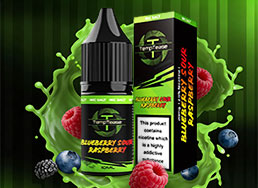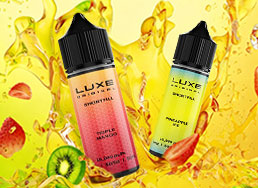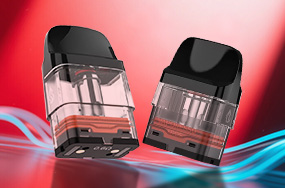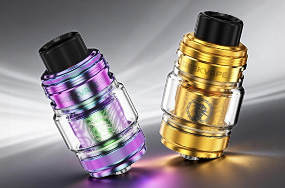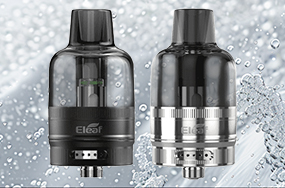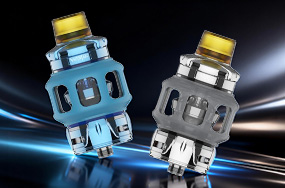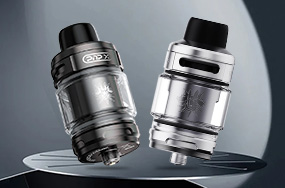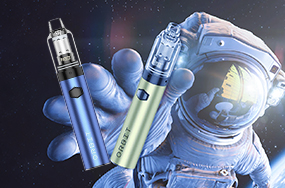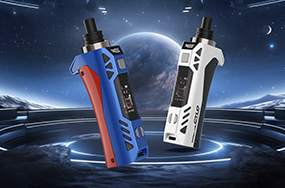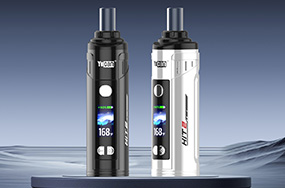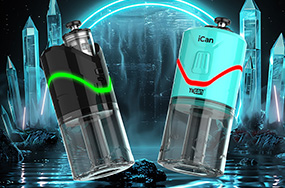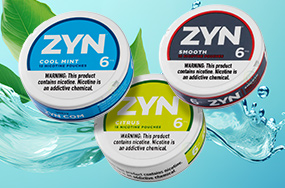Cotinine is generally used to decide the level of nicotine exposure because, once it enters the human body, it's broken down into several other compounds. Knowing the period wherein nicotine or its metabolic products can remain in the system is critical to anyone who desires to quit smoking, an affected person who dreams of a scientific examination, or someone who intends to undergo any form of nicotine test. Here we'll tell you how long does nicotine stay in your system.
Metabolism and Half-Life of Nicotine
When nicotine is absorbed into the blood system, it affects the liver, which promptly breaks down into other elements such as cotinine. It is eliminated from the human body after 2 hours, and during these hours, 50% of the gas is released from the body. Cotinine, however, has a longer life expectancy in the body, its half-life is between 16-40 hours, hence a good measure of exposure to nicotine.
Detection Windows in Various Biological Samples
● Blood: The nicotine level in blood is usually for 1 to a few days and cotinine for up to 10 days.
● Urine: In urine tests, nicotine may be present for up to 4 days.
● Saliva: Nicotine may be detected in saliva checks for as long as forty-eight hours.
● Hair: Comb for nicotine and its metabolites might remain in hair strands for up to a few months, and, in some instances, even more. However, hair testing is infrequent due to variations in hair increase and outside interference with the hair.
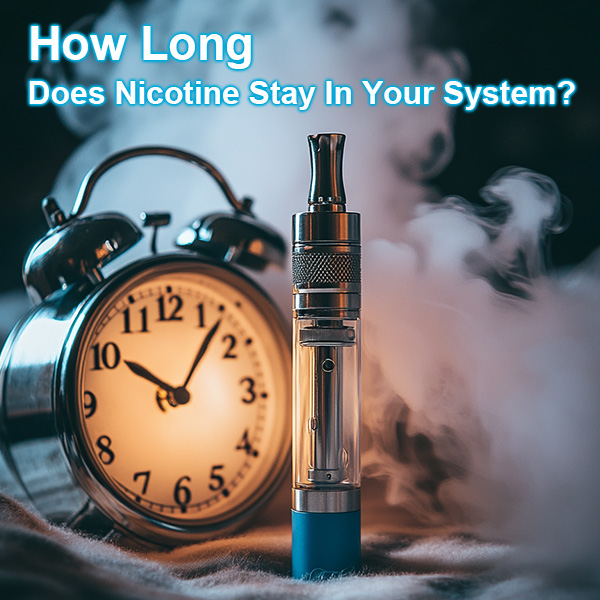
Factors Influencing Nicotine Metabolism and Detection
● Frequency and Amount of Use: Heavy and frequent users might take longer to detect cannabis because it builds up in the body system.
● Individual Metabolism: There are genetic differences that can hinder or enhance biochemical parameters. The actual liver enzymes can influence the rate at which nicotine is metabolized.
● Age, Gender, and Health Status: These can influence metabolic rates and, therefore, nicotine disposal ratios. Kamens, 2000 Kamens (2000).
● Hydration and Physical Activity: Adequate hydration and regular exercise may promote faster elimination of nicotine through increased urine output and metabolic rate.
Implications for Nicotine Testing
Nicotine testing is commonly conducted for employment, insurance purposes, or medical evaluations. Understanding the detection windows is essential for individuals undergoing such tests. For instance, while blood and urine tests are more common and have shorter detection periods, hair tests can reveal nicotine use over a more extended period.
Strategies to Accelerate Nicotine Clearance
For people seeking to expedite the elimination of nicotine from their gadgets, bear in mind the subsequent procedures:
● Hydration: Drinking masses of water can assist in flushing out nicotine and its metabolites through urine.
● Diet: Consuming antioxidant-rich foods, along with result and vegetables, may guide the detoxing technique.
● Physical Activity: Engaging in ordinary workouts can increase metabolism, assisting in the faster breakdown and removal of nicotine.
● Avoiding Further Exposure: Ceasing all tobacco and nicotine product use is crucial to prevent reintroduction into the system.
Nicotine Withdrawal and Support
After the withdrawal, patients can continue to crave the drug, become easily annoyed, and cannot focus their thoughts. This is because most of these symptoms are likely to reach their climax in the first week and can persist for as long as several weeks. Appropriate encouragement from health care providers, counselling, and nicotine replacement therapies are important in coping with withdrawal and thus enhance successful quitting.
Conclusion
How long nicotine will remain in a person’s system depends on several factors: the type of biological sample, metabolism, and usage frequency. Although nicotine, in its pure form, does not remain in the body system long, products of nicotine metabolism, especially cotinine, can be identified for longer periods. Knowledge of these timelines is vital for anyone thinking of quitting or preparing for a nicotine test or those trying to understand nicotine effects in their body. Therefore, practical measures of proper meal options might help to get rid of nicotine faster and improve health conditions during the process of quitting. We hope this article will help you quit cigarettes and vapes quickly, and achieve a healthier lifestyle.





























